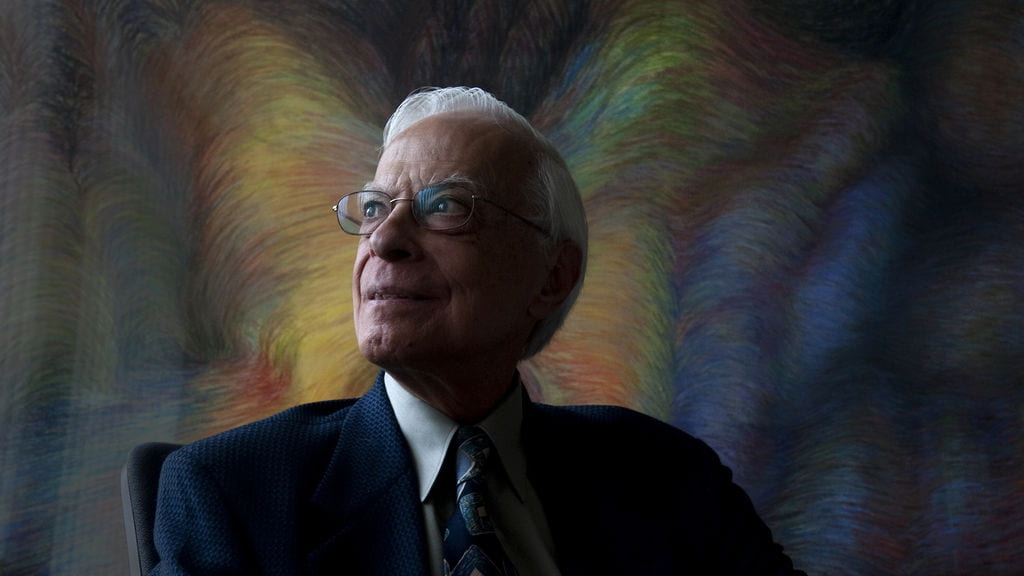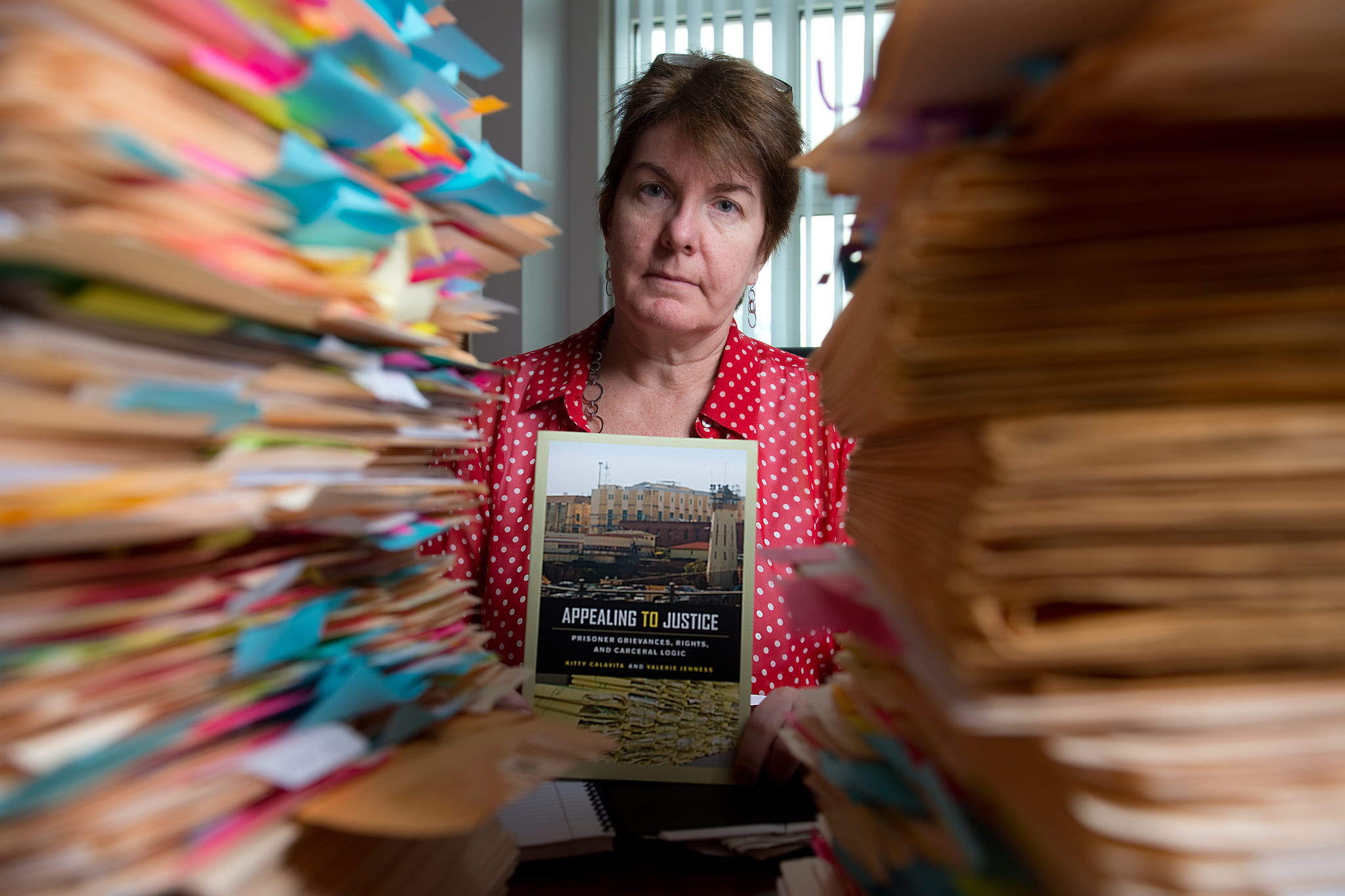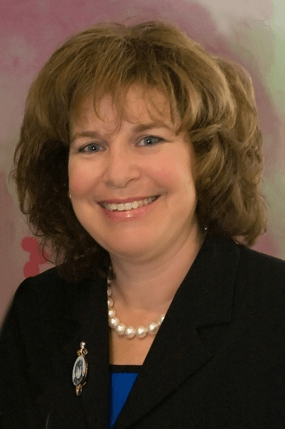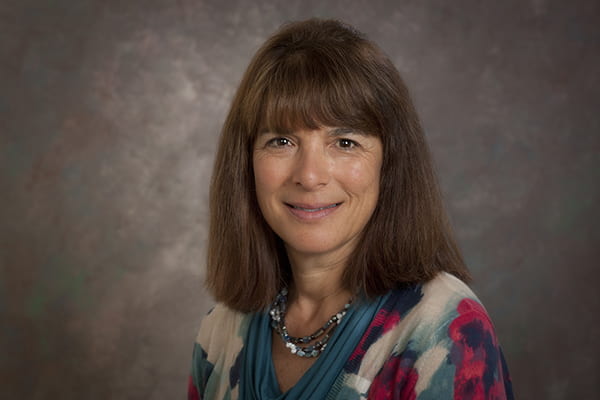Finding the positive side of stress
Professor Salvatore R. Maddi has changed the way many view stress. Not only is it an unavoidable part of life, he argues, it can be good for us.

Psychologist Salvatore R. Maddi remembers when one of his graduate
students at the University of Chicago showed him an article in
Family Circle
that warned, “Stress can kill you, so you need to stay away from it.”
That was a popular theory in the 1970s, but Maddi was skeptical. He’d
already done studies indicating that stress could be a good thing: It
fostered creativity in people who didn’t shy away from change.
“It
just didn’t make sense,” says Maddi, now a psychology & social
behavior professor at UC Irvine. “So I decided to study how people
respond to stress.”
His pioneering research over the past three decades has changed the
perception of stress from an evil to be avoided to an intrinsic part of
life that can be beneficial when treated as a challenge. Maddi has
identified key traits of those who handle stress well, and he’s
developed training methods for students, firefighters, police officers,
corporate executives and others who want to foster “hardiness attitudes
and skills.”
Current unemployment figures and economic uncertainty cause stress for everyone from college students to retirees.
“In
an era in which a Jet Blue employee captured widespread media attention
by getting angry with a passenger, grabbing some beer, popping an
evacuation slide and walking away from his job, we are reminded of the
importance of understanding the complex relationship between personality
and stress management,” says Valerie Jenness, social ecology dean.
“For
years, Professor Maddi has been at the forefront of empirically
investigating this relationship and providing important lessons for all
of us as we try to manage stress in positive, rather than negative,
ways. His well-known work is commendable as social science and valuable
in real-world terms.”
Maddi bases his research on existential psychology — and the idea
that stress is unavoidable. “From the time you’re pushed out of your
mother’s womb, you’re dealing with change, and that’s the definition of
stress,” he says.
“College
students experience a lot of change — they’re away from home for the
first time and facing all these new social and academic pressures. You
need to accept that life is stressful and do the hard work to turn
stress into an advantage, rather than bemoan the absence of easy comfort
and security.”
From
1975 to 1987, Maddi conducted a landmark study on stress in which he
followed midlevel executives at Illinois Bell Telephone who — halfway
through — faced losing their jobs in the wake of the federal
government’s breakup of AT&T in 1981.
“Two-thirds
of the managers fell apart from the stress of the company’s downsizing.
They divorced, had heart attacks and strokes, and suffered depression
and anxiety,” Maddi says. “But the other third didn’t just survive —
they thrived. They rose to the top of the heap, either at their company
or a competitor’s.
“From then on, I wanted to continue exploring why some people are undermined by stress and some are resilient.”
Utilizing
data from the Illinois Bell study, he found that those who cope
effectively under pressure share three attitudes of hardiness:
commitment, control and challenge.
“No
matter how bad things get, if you’re committed, you stay involved and
give your best effort rather than pull back,” he says. “If you exert
control and tend to perceive yourself as in charge, you try to influence
the outcome of events rather than lapse into passivity. And if you
believe change is normal, you’re more able to treat it as simply a
challenge. Together, these three attitudes provide the courage and
motivation to turn stress from a disaster into a growth opportunity.”
Maddi has developed a
HardiTraining program
for those who want to master stress, as well as training classes at
UCI that teach students hardiness skills such as problem-solving,
building a strong support network of friends and family members, and
caring for themselves through healthy eating, exercise and meditation.
In addition, he founded
The Hardiness Institute,
which holds workshops and seminars on coping habits for frazzled
executives and others, and in 2005 published a book with Deborah
Khoshaba called
Resilience at Work: How to Succeed No Matter What Life Throws at You.
“You
learn to reconstruct the stressful situation and consider how you can
make it better,” he says. “Then you construct an action plan and carry
it out.”
At UCI’s
Hardiness Research Lab,
Maddi studies how academic and recreational resources such as
counseling and career centers help students manage college life. In
2002, he conducted a study of 1,200 UCI undergraduates that showed
improved grades among those who had undergone hardiness training.
In 2009, he published a
study
in
The Journal of Positive Psychology
of 1,200 UCI undergraduates in which he found that hardiness trainees
subsequently improved their grades compared with a control group.
His recent analysis of 1,250 West Point cadets found hardiness to be
the second-best indicator (after high school performance) of who would
survive and thrive, rather than drop out. Two other factors —
grit
and emotional intelligence — had no bearing.
“Professor Maddi is renowned as the creator of and leading authority
on psychological hardiness as a predictor of effective coping and
emotional well-being,” says
Daniel Stokols,
Chancellor’s Professor of psychology & social behavior and
planning, policy & design. “He has produced important and sustained
scholarly contributions to this area of research, bridging the fields of
personality, health, existential and positive psychology.”
The
son of illiterate parents who immigrated to New York City from Sicily
before World War I, Maddi is himself a prime example of someone able to
channel stress into the motivation to improve one’s life. While coping
with poverty and gangs as a youth, he focused on his schoolwork,
eventually earning a doctorate at Harvard University. He joined UCI in
1986.
“What
I learned is that life is stressful, but you have to do the best you
can — and if you do, it’ll work,” Maddi says. “You may see yourself
doing things you never thought you could do.”


